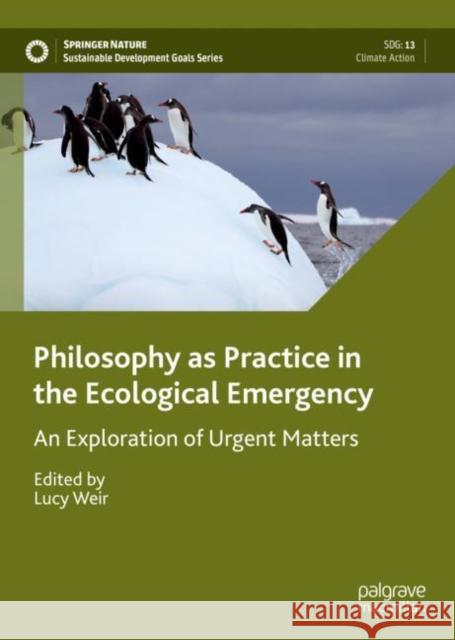Philosophy as Practice in the Ecological Emergency: An Exploration of Urgent Matters » książka
topmenu
Philosophy as Practice in the Ecological Emergency: An Exploration of Urgent Matters
ISBN-13: 9783030943905 / Angielski / Twarda / 2023
Philosophy as Practice in the Ecological Emergency: An Exploration of Urgent Matters
ISBN-13: 9783030943905 / Angielski / Twarda / 2023
cena 505,83 zł
(netto: 481,74 VAT: 5%)
Najniższa cena z 30 dni: 501,19 zł
(netto: 481,74 VAT: 5%)
Najniższa cena z 30 dni: 501,19 zł
Termin realizacji zamówienia:
ok. 20 dni roboczych.
ok. 20 dni roboczych.
Darmowa dostawa!
Kategorie BISAC:
Wydawca:
Springer Nature Switzerland AG
Seria wydawnicza:
Język:
Angielski
ISBN-13:
9783030943905
Rok wydania:
2023
Wymiary:
21.0 x 14.8
Oprawa:
Twarda
Dodatkowe informacje:
Wydanie ilustrowane











